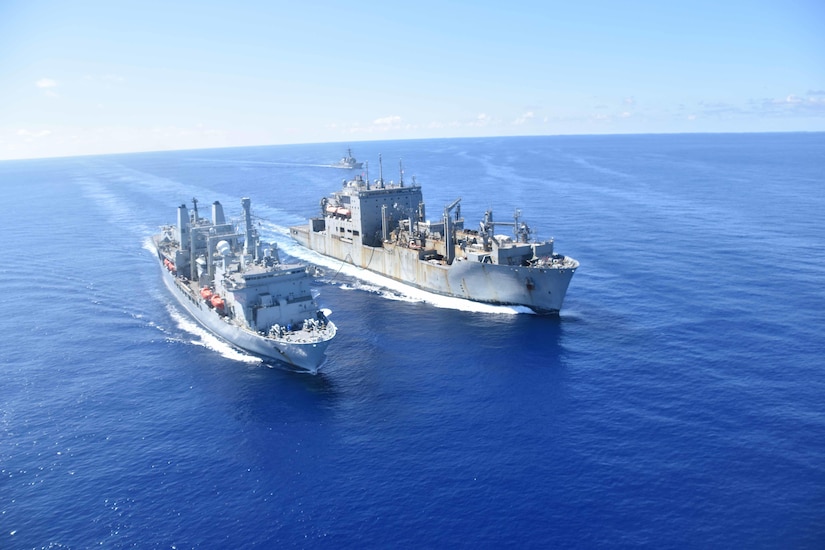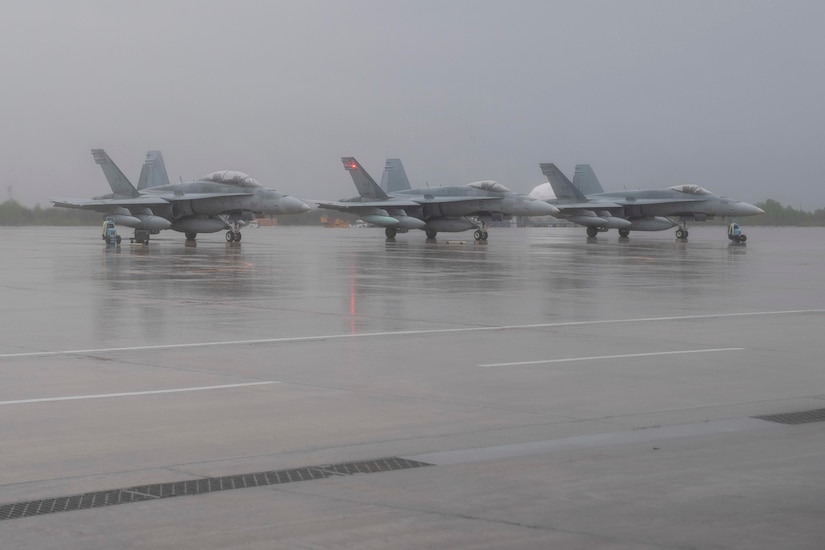Sept. 15, 2021 | , DOD News
Jesse Salazar spoke today at the George Mason University School of Business in Arlington, Virginia.
"Our defense industrial base allows us to preserve our military advantages and deter our adversaries," he said.

"Domestic manufacturing advances our national security by providing supply chain resilience and the capacity to respond in the case of a national emergency," Salazar said.
However, for many years, American industrial and manufacturing capacity has declined, he said.
"We have to address this. We must onshore domestic defense capabilities," Salazar said, meaning ensuring that critical manufacturing must be located in the United States.
"Clear market signals and investment priorities will unlock the power of American entrepreneurship, technological breakthroughs and individual achievement," he suggested.

Salazar mentioned the importance of the defense industrial bases of allies and partners.
"We recognize that we cannot exclusively look to American sources for all the items we procure. Strategically, we see great value in building closer cooperative ties," he said.
Key allies and partners who have been especially helpful, he said, include Australia, India, Japan, South Korea, Canada, the United Kingdom and other NATO nations.
For example, he said that Australia's sophisticated approach to rare earth processing could help the United States build capacity here.
Canada supplies high-purity aluminum metal needed for fabricating space, military and automotive products. Additionally, Canada hosts a germanium zinc refinery, which imports ores from an Alaskan mine, he said.
The U.K. is advancing development of batteries that are useful in military applications, he said. The U.K. also has advanced forging and casting techniques.

Australia increased its defense budget 3% this year and is spending the most on acquisition and sustainment since World War II, he noted.
The department is working with Congress to ensure it has the authority to invest in key military industrial assets produced by allies such as Australia and the U.K., he said.
Another possibility is expanding the use of Security of Supply Arrangements, he said.
The SOSA agreement is used when the U.S. defense industrial base needs to source goods, services and raw materials from the global marketplace to support national security and defense requirements.
The DOD is also evaluating options to improve the effectiveness, flexibility and speed of the Defense Production Act, he said.






No comments:
Post a Comment